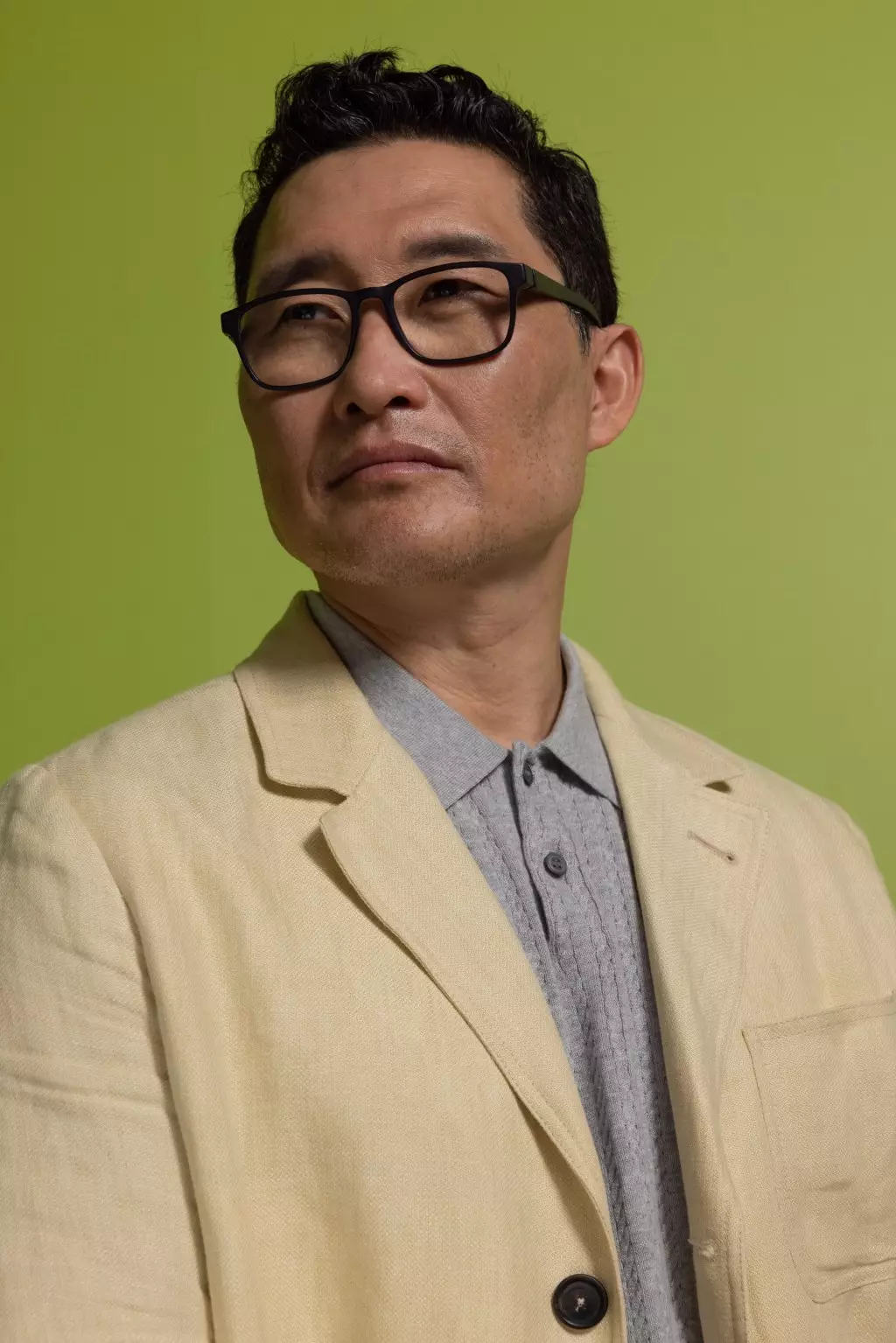Daniel Dae Kim, a versatile and acclaimed actor, producer, and director, recently shared his experiences as a juror at the Red Sea Film Festival in Jeddah. His visit to this vibrant Saudi Arabian city marks not only a professional engagement but also a personal journey of cultural exploration. Kim expressed his excitement about discovering and appreciating the burgeoning filmmaking talent in the region—something he described as distinct and enlightening. By immersing himself in this new cultural landscape, Kim is witnessing firsthand the creative outputs of a part of the world often overshadowed in global cinema discourse.
His presence at the festival symbolizes a broader trend within the entertainment industry of international collaboration. Kim remarked on the importance of “making the world a little bit smaller,” which is an aspiration shared widely among artists and creators who recognize the interconnectedness of their work. In an age dominated by globalization, cultural boundaries have become increasingly porous, allowing for rich artistic exchanges that elevate the spirit of cinema. As artists cross borders, they bring unique perspectives and narratives that enhance and diversify storytelling in film.
In a recent discussion at the Deadline Studio, Kim emphasized the collaborative atmosphere among the jurors, which includes renowned filmmaker Spike Lee. Their dynamic reflects a convergence of ideas, with each panel member contributing uniquely to the evaluation process. Kim’s acknowledgment of the thoroughness required in a jury role underscores the seriousness with which filmmakers approach their craft. He described the group’s discussions as open and opinionated, yet harmonious—elements vital for thoughtful critique and decision-making.
This collaborative nature fosters an environment where diverse opinions can flourish and where the collective passion for storytelling can lead to powerful artistic evaluations. Given Kim’s extensive experience in both American and Asian cinema, his insights are particularly valuable in today’s cinematic landscape, where cross-cultural narratives are increasingly prevalent.
What makes Kim’s experience at the Red Sea Film Festival particularly special is his firsthand exposure to emerging filmmakers from the Arab world. He recognizes the talent that exists beyond the familiar boundaries he has navigated throughout his career in films and television series like *Lost* and *Hawaii Five-0*. For him, the festival is more than just a venue; it is a gateway to fresh perspectives that enrich his understanding of global storytelling.
Through his reflections, it becomes clear that Kim values diversity in cinema. His willingness to engage with filmmakers from varied backgrounds highlights a more extensive shift in the industry where storytelling is not confined by geographic or cultural barriers. Kim’s passionate advocacy for collaboration suggests that every filmmaker, regardless of origin, has a unique voice that deserves to be heard. He believes the combination of international talents leads to groundbreaking storytelling that resonates with global audiences.
Looking ahead, Kim is immersed in exciting projects that exemplify his commitment to cultural exchange. His upcoming spy series, *Butterfly*, is notable for its cross-continental collaboration, utilizing both Korean and American talents. This project illustrates a growing trend in the industry: the blending of cultural influences that not only honors their origins but also creates compelling narratives that can appeal universally. Such engagements are crucial in a world increasingly in need of shared understanding and connectivity.
Additionally, Kim is set to reprise his role as Fire Lord Ozai in the second and third seasons of Netflix’s *Avatar: The Last Airbender*. This series, known for its rich world-building and character development, provides another platform for Kim to reach new audiences, including those unfamiliar with his previous work. By embracing these diverse opportunities, he continues to challenge the conventions of traditional casting while simultaneously nurturing a new generation of fans.
Daniel Dae Kim’s presence at the Red Sea Film Festival illustrates a progressive shift towards inclusivity and collaboration in international cinema. His experiences reflect a growing communal spirit among filmmakers, one that transcends borders and cultural distinctions. Understanding, appreciating, and celebrating talent from various backgrounds is essential in creating a more inclusive and dynamic film industry. As artists like Kim champion these values, the future of cinema looks not just promising but genuinely enriching for everyone involved.
